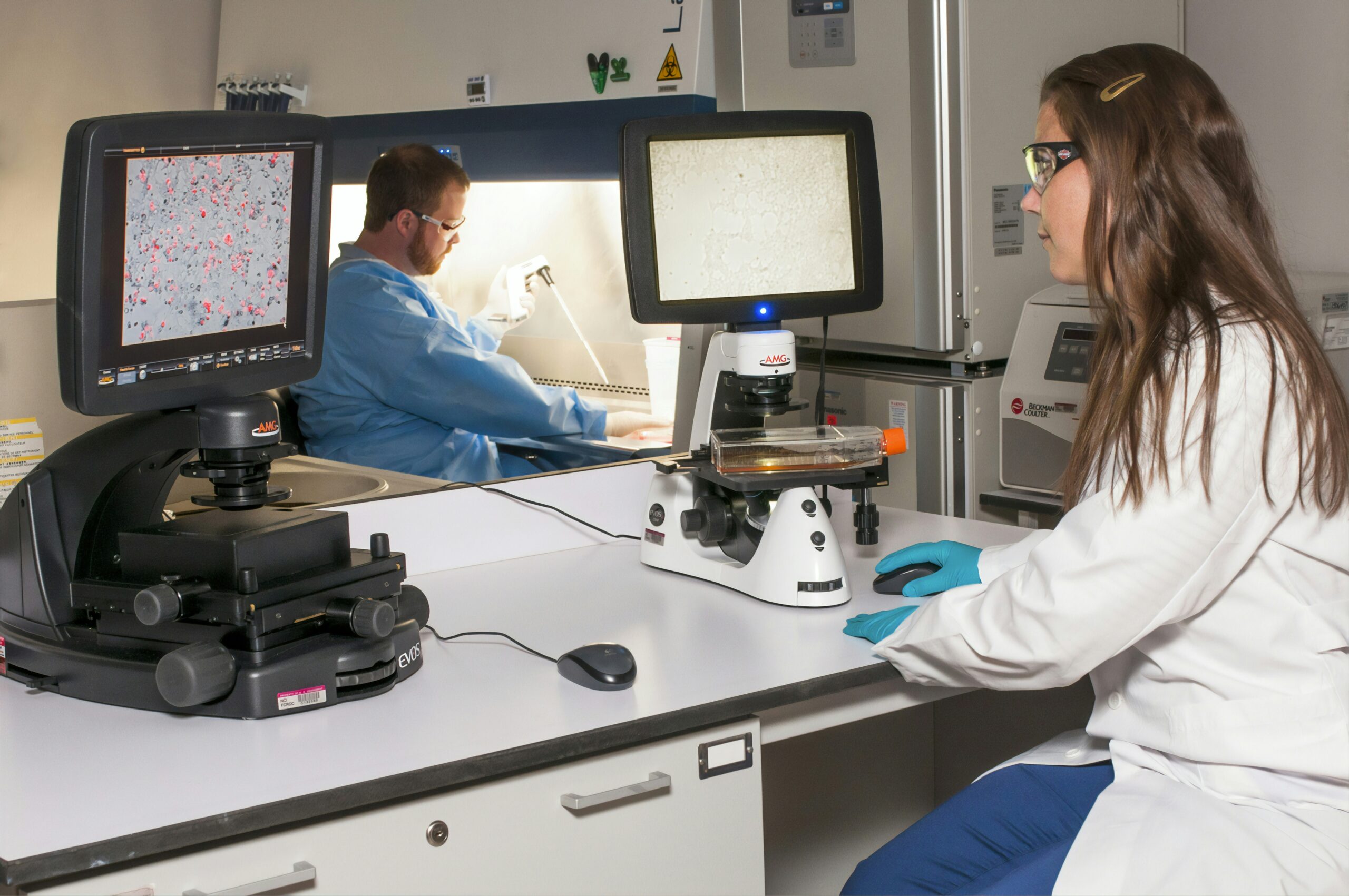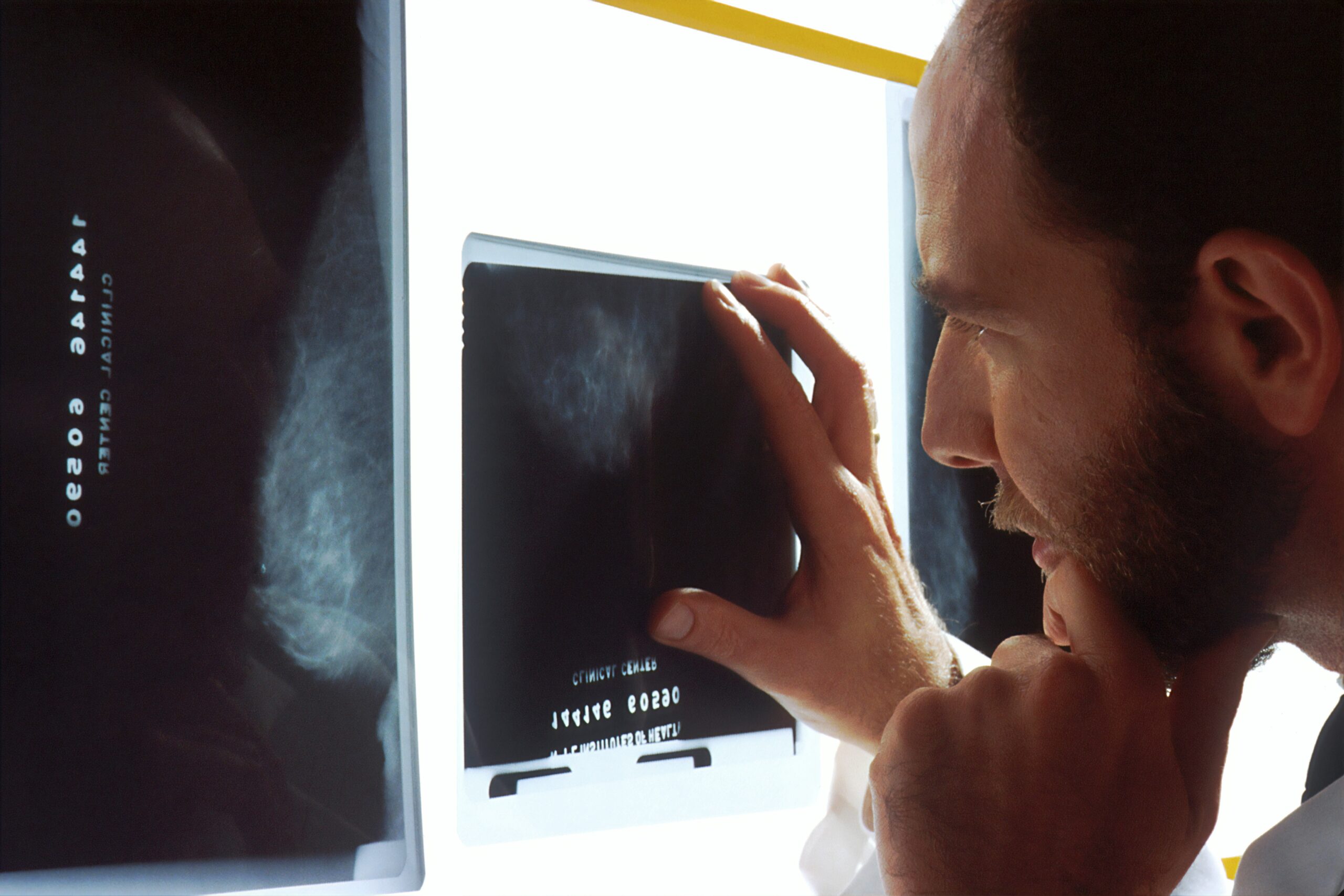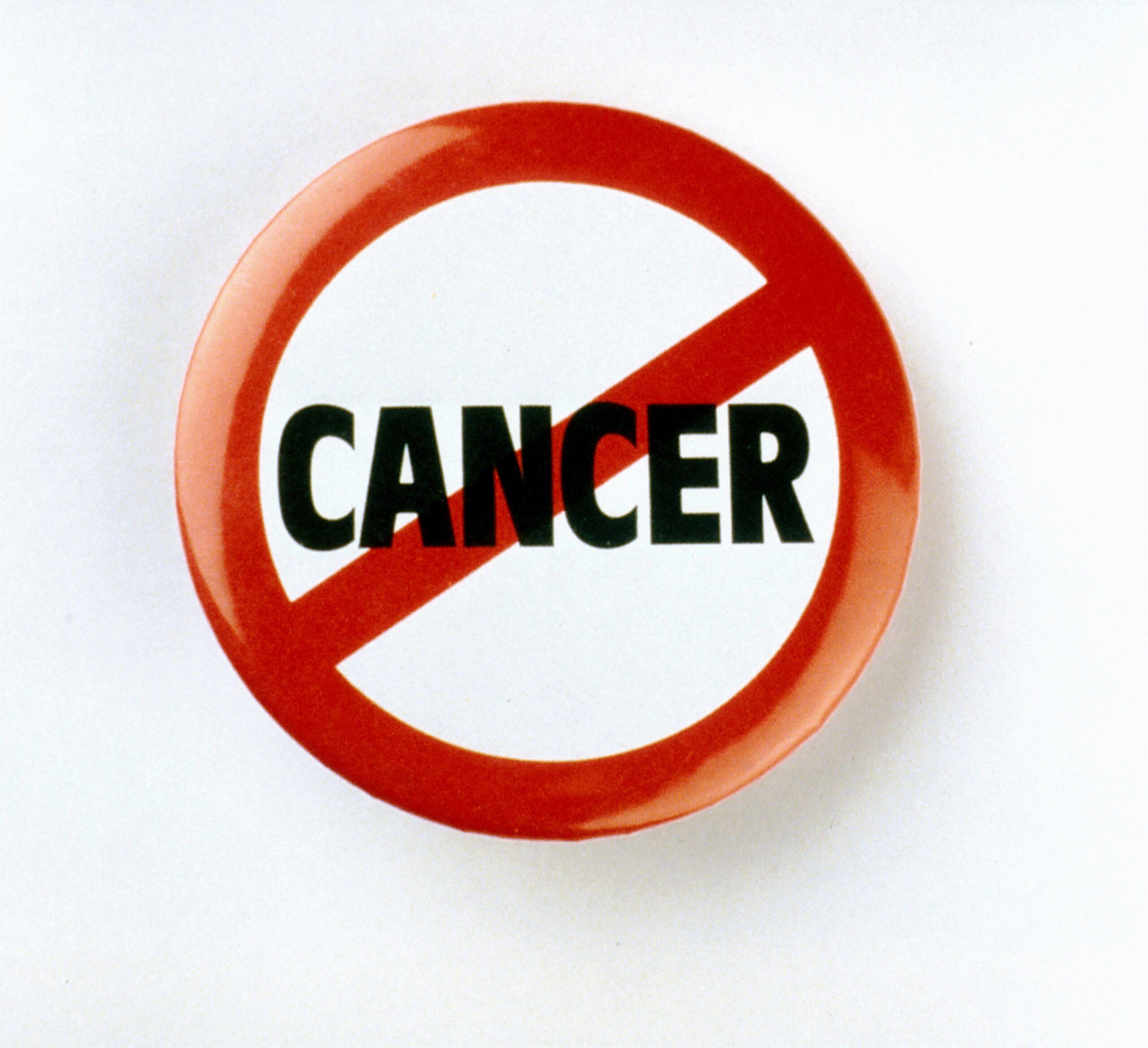If you find yourself waking up frequently in the middle of the night to use the bathroom, you may be wondering if a swollen prostate is to blame. It's a common concern for many men, but fear not, as this article aims to shed light on this issue. We'll explore the relationship between a swollen prostate and nighttime urination, discussing the potential causes and providing tips on how to manage this common problem. So, if you're curious about whether your prostate is causing those frequent nighttime bathroom trips, read on to find out more!
Understanding the Prostate
The function of the prostate
The prostate is a small gland that is part of the male reproductive system. Its main function is to produce and secrete prostate fluid, which is an essential component of semen. The prostate gland surrounds the urethra, the tube that carries urine from the bladder out of the body, and is located just below the bladder.
Location and size of the prostate
The prostate gland is situated in the pelvis, between the bladder and the rectum. It is roughly the size and shape of a walnut, but its size can vary slightly from person to person. The size of the prostate tends to increase with age due to a condition known as benign prostatic hyperplasia (BPH).
Common prostate problems
Prostate problems are relatively common among men, especially as they get older. Some of the most common conditions include benign prostatic hyperplasia (enlarged prostate), prostate cancer, and prostatitis (inflammation of the prostate). These conditions can cause various symptoms, including urinary problems, sexual dysfunction, and pain or discomfort in the pelvic area. Understanding these conditions and their symptoms is crucial for men's health and well-being.
Prostate Enlargement (Benign Prostatic Hyperplasia)
Definition of Benign Prostatic Hyperplasia
Benign prostatic hyperplasia (BPH), also known as prostate gland enlargement, is a non-cancerous condition characterized by the abnormal growth of prostate cells. As the prostate enlarges, it can squeeze the urethra, leading to urinary problems.
Causes of prostate enlargement
The exact cause of prostate enlargement is still not fully understood. However, hormonal changes associated with aging, particularly an increase in dihydrotestosterone (DHT), seem to play a role in the development of BPH. Additionally, genetic factors and chronic inflammation may contribute to the condition.
Risk factors associated with prostate enlargement
Several risk factors have been identified for developing an enlarged prostate. These include advancing age, family history of BPH, obesity, lack of physical activity, and certain medical conditions, such as diabetes and heart disease. Understanding these risk factors can help men make informed decisions about their lifestyle choices and healthcare.

Symptoms of an Enlarged Prostate
Common symptoms of prostate enlargement
An enlarged prostate can cause various urinary symptoms, including increased frequency of urination, urgency, weak urine flow, incomplete emptying of the bladder, and a feeling of bladder fullness. Some men may also experience dribbling at the end of urination, the need to strain to start urination, or a sense of not fully emptying the bladder.
The effect of prostate enlargement on bladder and kidneys
If left untreated, an enlarged prostate can have a significant impact on bladder and kidney health. The increased pressure on the bladder caused by the obstruction can lead to bladder muscle overactivity, ultimately resulting in reduced bladder capacity and the need to urinate more frequently. In severe cases, the backflow of urine into the kidneys can cause kidney damage and potentially lead to kidney failure.
Understanding Frequent Urination
Definition of frequent urination
Frequent urination, also known as polyuria, is a condition characterized by the need to urinate more often than usual. It can be a symptom of various underlying conditions, including an enlarged prostate, urinary tract infection, diabetes, kidney problems, or overactive bladder.
Possible causes of frequent urination
In addition to an enlarged prostate, frequent urination can be caused by several factors. These include excessive fluid intake, certain medications, urinary tract infections, diabetes, pregnancy, anxiety, bladder abnormalities, and neurological conditions. Identifying the underlying cause is essential for determining the appropriate treatment approach.
Understanding nocturia (night-time urination)
Nocturia refers to the need to wake up one or more times during the night to urinate. It is closely associated with both an enlarged prostate and frequent urination. Nocturia can significantly disrupt sleep patterns, leading to daytime fatigue and decreased overall quality of life. It is vital to address both the underlying prostate enlargement and the frequent urination to manage nocturia effectively.

Link between Enlarged Prostate and Frequent Urination
How prostate enlargement leads to frequent urination
Prostate enlargement can lead to frequent urination by obstructing the urethra, which forces the bladder to work harder to push urine through the narrowed passage. This extra effort causes the bladder muscles to become overactive, leading to increased urgency and frequency of urination.
The impact of prostate enlargement on bladder control
As an enlarged prostate obstructs the urethra, it disrupts the normal functioning of the bladder and its control mechanisms. The bladder may become overstretched and lose its ability to contract effectively, resulting in incomplete emptying and increased urinary frequency. Over time, this can lead to decreased bladder capacity and reduced control over urination.
Why prostate enlargement causes nocturia
Nocturia is a common symptom of prostate enlargement. As the bladder loses its normal capacity and control, it fills up more quickly, causing the need to urinate during the night. The combination of increased urinary frequency and disrupted sleep patterns due to nocturia can significantly affect a person's quality of life.
Diagnosis of an Enlarged Prostate
How doctors diagnose an enlarged prostate
Diagnosing an enlarged prostate usually involves a comprehensive medical history review and a physical examination. The doctor may ask about urinary symptoms, perform a digital rectal examination to assess the size and condition of the prostate, and order additional tests to confirm the diagnosis.
Common diagnostic tests for prostate enlargement
In addition to the physical examination, doctors may recommend various diagnostic tests to evaluate the extent of prostate enlargement and its impact on urinary function. These tests may include a urine analysis, blood tests, prostate-specific antigen (PSA) test, uroflowmetry (measuring urine flow rate), and imaging studies such as ultrasound or cystoscopy.
Importance of medical history in diagnosing enlarged prostate
A thorough medical history is an essential component of diagnosing an enlarged prostate. Understanding the patient's urinary symptoms, overall health, family history, and any previous treatments can help the doctor make an accurate diagnosis and determine the most appropriate treatment approach.

Treatment Options for an Enlarged Prostate
Medications for treating prostate enlargement
Medications are often the first line of treatment for relieving symptoms associated with an enlarged prostate. These may include alpha-blockers to relax the muscles in the prostate and bladder neck, 5-alpha-reductase inhibitors to reduce prostate size, and anticholinergic drugs to control overactive bladder symptoms. Medication effectiveness and potential side effects should be discussed with a healthcare provider.
Surgical procedures for reducing prostate size
When medications are ineffective or not well-tolerated, surgical procedures may be recommended to alleviate symptoms and reduce the size of the prostate. Some common surgical options include transurethral resection of the prostate (TURP), laser ablation procedures, and minimally invasive techniques such as transurethral microwave thermotherapy and prostatic artery embolization.
Lifestyle changes that can help manage symptoms
In addition to medication and surgery, making certain lifestyle modifications can help manage symptoms of an enlarged prostate. These may include avoiding caffeine and alcohol, emptying the bladder completely when urinating, practicing pelvic floor exercises, maintaining a healthy weight through diet and exercise, and drinking an adequate amount of water throughout the day.
Preventing Prostate Enlargement
Steps to prevent prostate enlargement
While prostate enlargement is often an age-related condition that cannot be completely prevented, certain lifestyle measures may help reduce the risk or slow down the progression. These include maintaining a healthy weight, eating a balanced diet rich in fruits, vegetables, and whole grains, engaging in regular physical activity, managing stress, and avoiding smoking.
The role of diet and exercise in maintaining prostate health
A healthy diet and regular exercise can play a significant role in maintaining prostate health. Studies have shown that consuming a diet rich in fruits, vegetables, and omega-3 fatty acids may positively impact prostate health. Similarly, regular exercise has been associated with a reduced risk of developing an enlarged prostate and other prostate-related conditions.
Importance of regular check-ups for early detection
Regular check-ups with a healthcare provider are crucial for early detection and management of prostate enlargement. By monitoring any changes in urinary symptoms, reviewing medical history, and conducting appropriate screenings, doctors can intervene early and implement effective treatment strategies. Catching any prostate issues early increases the likelihood of successful treatment outcomes.
Living with an Enlarged Prostate
Managing frequent urination at night
Living with an enlarged prostate and the associated frequent urination, especially at night, can be disruptive and frustrating. However, there are strategies that can help manage this symptom. These may include avoiding fluids before bedtime, practicing timed voiding, double voiding before sleep, using absorbent pads or underwear, and adjusting sleep routine to accommodate bathroom breaks.
Coping with the psychological impacts
While an enlarged prostate primarily affects physical health, it can also have psychological impacts. Coping with the urinary symptoms, sleep disruptions, and potential treatment-related side effects can lead to stress, anxiety, and even depression. It is important to seek support from healthcare professionals, as well as friends and family, to address these psychological impacts effectively.
Support groups and resources for men with an enlarged prostate
Support groups and online resources can provide valuable support and information for men living with an enlarged prostate. Interacting with others who share similar experiences can offer emotional support, practical tips, and a sense of community. Various organizations, such as the Prostate Cancer Foundation and local men's health clinics, offer resources and support networks for men with prostate-related conditions.
Prostate Enlargement and its Impact on Quality of Life
Changes in sleep patterns due to nocturia
Nocturia, a common symptom of prostate enlargement, can significantly disrupt sleep patterns and reduce overall sleep quality. Waking up multiple times during the night to urinate can result in fragmented sleep, decreased energy levels, and impaired cognitive function during the day. Adequate symptom management and lifestyle adjustments can improve sleep patterns and enhance quality of life.
Impact on sexual function
Prostate enlargement can have an impact on sexual function. Some men may experience erectile dysfunction or reduced libido as a result of an enlarged prostate or the treatments for it. Open communication with a healthcare provider can help address these concerns and explore appropriate treatment options to regain sexual function and maintain a satisfying sex life.
Stress and anxiety caused by frequent urination
The frequent urination associated with prostate enlargement can cause stress and anxiety, especially when it interferes with daily activities, transportation, or social interactions. Managing stress through relaxation techniques, mindfulness, and seeking professional help if needed is crucial for maintaining overall well-being and minimizing the impact of urinary symptoms on daily life.
In conclusion, an enlarged prostate can cause frequent urination, especially at night, due to the obstruction it creates in the urethra. This obstruction leads to urinary symptoms and can have significant effects on bladder control and overall quality of life. However, with proper understanding, diagnosis, and treatment, men can effectively manage these symptoms and maintain good prostate health. Regular check-ups, lifestyle modifications, and support networks are essential in preventing and addressing the impact of prostate enlargement. Remember, reaching out to healthcare professionals and seeking support from loved ones can significantly alleviate the physical and psychological burden associated with an enlarged prostate.

